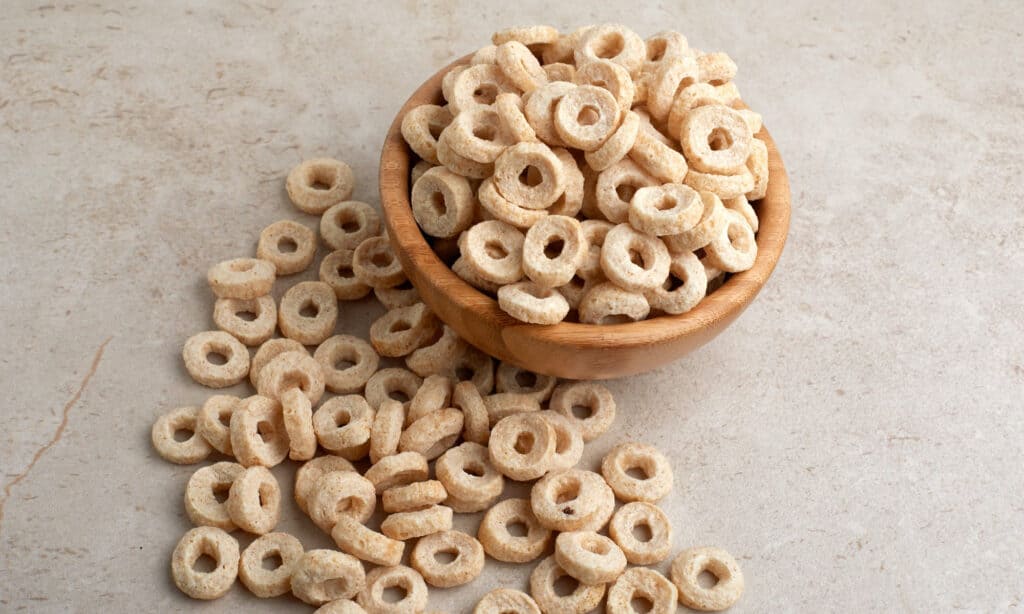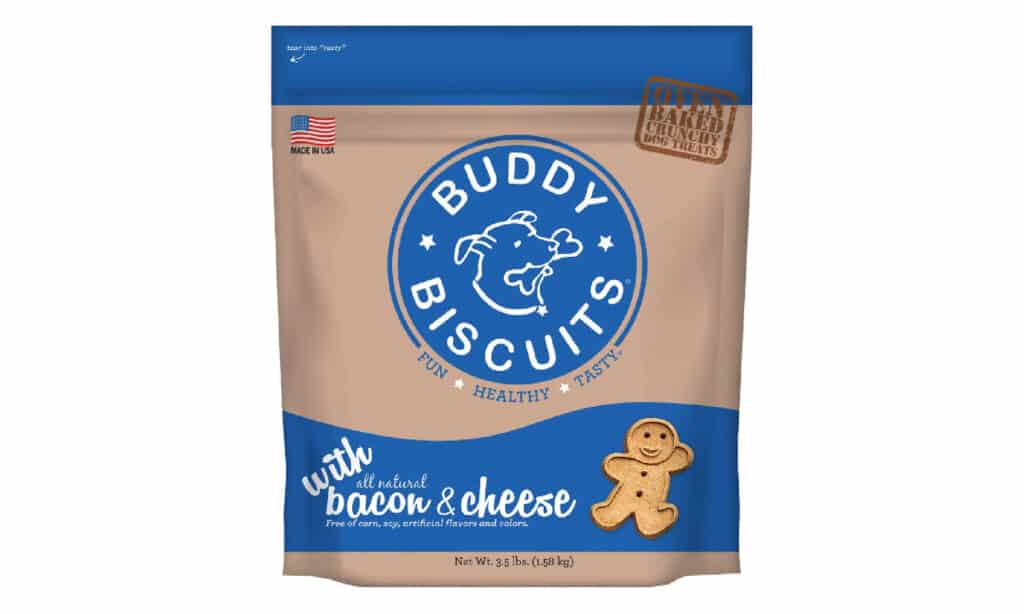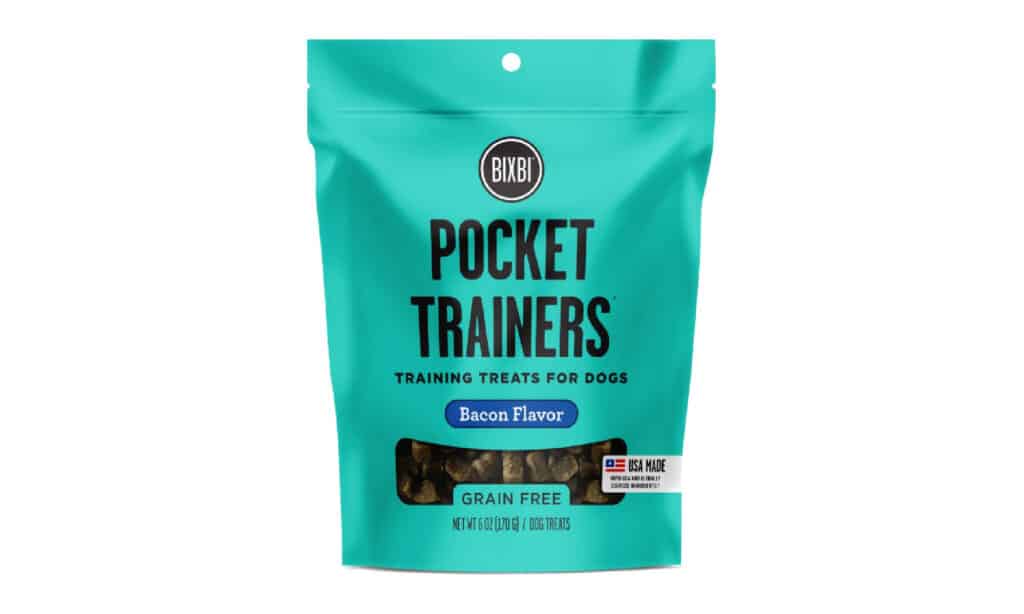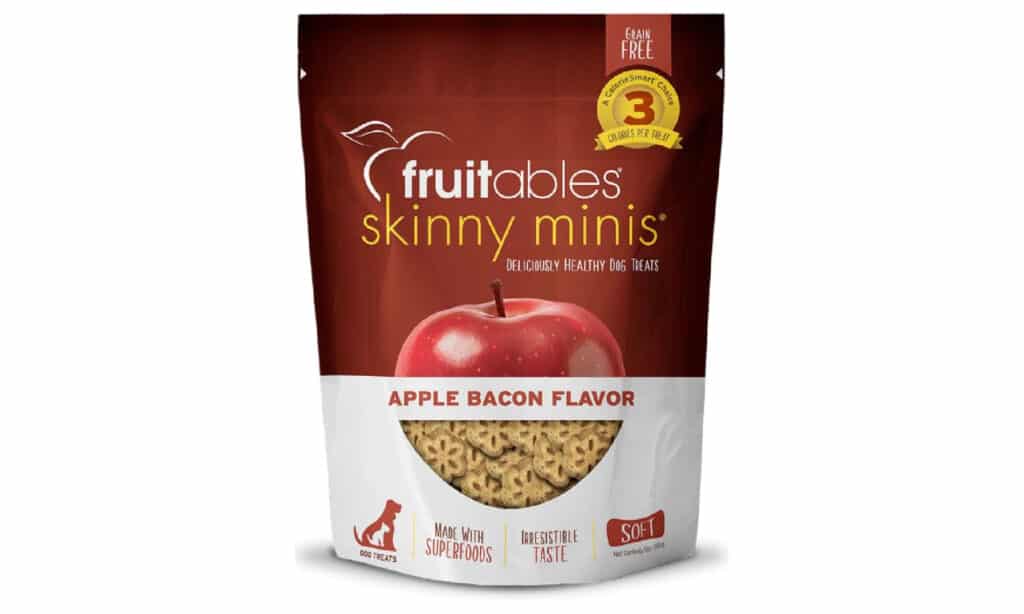As a dog owner, you may sometimes find yourself sharing your favorite snacks with your furry friend. While some human foods are safe and even beneficial for dogs, others can be harmful and even deadly. So, can dogs eat Honey Nut Cheerios, the sweet and crunchy cereal that many of us enjoy as a quick breakfast or snack? As a pet expert, I’ve done some research to give you the truth about feeding Honey Nut Cheerios to your pup. In this blog, we’ll explore the nutritional value of Honey Nut Cheerios, the benefits and risks of feeding it to dogs, and some alternatives that you can consider. Learn if Honey Nut Cheerios are safe for your dog’s diet & make informed decisions about your furry friend’s nutrition. So, let’s get started!

Can Dogs Have Honey Nut Cheerios?
Wondering if it’s safe to share your Cherrios with your dog? Honey Nut Cheerios, with its sweet and nutty flavor, may be one of those foods that you’d like to offer to your pup. However, before doing so, it’s important to consider whether this cereal is appropriate for your furry friend’s diet.
Some of the ingredients in Honey Nut Cheerios may not be suitable for dogs. The sugar content in this cereal may be too high for dogs, leading to obesity, diabetes, and dental problems. The artificial flavors and additives in Honey Nut Cheerios may also cause digestive issues or allergic reactions in some dogs.
Benefits of Honey Nut Cheerios for Dogs
Honey Nut Cheerios should not be a staple in your dog’s diet. There aren’t really any significant advantages to feeding Cheerios to your dog. However, there are some benefits to feeding them as fun snacks occasionally,
- Honey: Honey benefits your dog’s health as a key ingredient. Honey is a natural sweetener that contains antioxidants and has antibacterial properties. It can also help soothe sore throats and promote wound healing in dogs.
- Whole grains: It is made from whole grains, which can provide your dog with fiber and other essential nutrients. Fiber can help regulate your dog’s digestive system, prevent constipation, and keep them feeling full for longer.
- Taste and texture: Dogs, like humans, enjoy a variety of tastes and textures in their food. Offering Honey Nut Cheerios to your dog occasionally can introduce new textures and flavors that they may like.
It’s ok to give your dog Honey Nut Cheerios as a snack. Remember, they should only be fed to your dog in moderation. Honey Nut Cheerios may be inappropriate in dogs that have allergies or other health conditions.

Risks of Feeding Honey Nut Cheerios to Dogs
Honey Nut Cheerios can offer some benefits for your pup in moderation, it’s important to remember that there are also some risks to consider.
One significant concern is the sugar content in Honey Nut Cheerios. Dogs are prone to dental issues, and the sugar in Cheerios can contribute to tooth decay and other dental problems. Additionally, too much sugar can lead to various health issues in dogs, such as obesity and weight gain.
Another risk to keep in mind is the artificial flavors and additives in Cheerios, which can cause digestive problems or allergic reactions in some dogs, especially those with sensitivities to specific ingredients. Honey Nut Cheerios are not a nutritionally complete meal for dogs. Dogs need a balanced and complete diet to meet their nutritional requirements, and frequently feeding them Honey Nut Cheerios could result in nutritional deficiencies.
Some dogs may be allergic to particular ingredients in Honey Nut Cheerios, such as nuts, wheat, or other grains. If you observe any signs of an allergic reaction, such as itching, redness, swelling, or digestive problems in your dog, it’s essential to stop giving them Honey Nut Cheerios immediately.
Alternatives to Honey Nut Cheerios for Dogs
If you’re searching for some healthy and safe alternatives to Honey Nut Cheerios for your furry friend, there are a bunch of options you can try out. Here are a few ideas to get you started:
- Homemade dog treats: Make healthy dog treats at home with simple ingredients your dog will love. You can make peanut butter and pumpkin dog treats, oatmeal and sweet potato dog biscuits.
- Commercial dog food and treats: Find high-quality treat brands that offer a wide variety of options for your pup. Choose natural brands; avoid artificial flavors, preservatives, and fillers in your Schnoodle’s treats.
- Fruits and vegetables: Many fruits and vegetables are safe and healthy for dogs in moderation. Some great options include blueberries, bananas, apples, carrots, and green beans. Just remember to research which fruits and vegetables are safe for your dog to eat, as some can be harmful.
- Meat and fish: Dogs need protein in their diet to thrive, and you can offer your dog lean meat or fish as a treat. Consider boiled chicken, turkey, or salmon as some possible options.
When selecting food or treats for your dog, always read the label carefully and do your research. With a little bit of effort, you can find many tasty and nutritious alternatives to Honey Nut Cheerios that your dog will love.

Healthy Store-Bought Options:
Conclusion
In conclusion, while Honey Nut Cheerios may be a tasty and convenient snack for humans, it’s not necessarily the best option for our furry friends. Feeding Honey Nut Cheerios to dogs in moderation has benefits, but there are risks such as sugar content and allergic reactions.
As pet owners, it’s important to prioritize our dogs’ health and well-being by providing them with a nutritionally balanced diet that meets their specific needs. Ultimately, by being mindful of the potential risks and taking proactive steps to provide our dogs with the best possible nutrition, we can help them live happy, healthy lives full of tail wags and belly rubs.
~ Sheena



